 Getty Images
Getty ImagesGlastonbury’s worst-kept secret is out. The mystery band billed as Patchwork were, in fact, Pulp. Still, no-one was prepared to believe it until it happened.
“If Robbie Williams comes out? No, I’m leaving,” said a woman next to me in the audience, as the stage filled with random people – common people – dressed in plastic raincoats.
Then Jarvis Cocker strode onto the Pyramid Stage, receiving a hero’s welcome as he launched into Sorted for E’s & Wizz, from Pulp’s career-making 1995 album Different Class.
“Sorry to the people who were expecting Patchwork,” he drawled after the song ended. “Did you know it was us?”
The crowd responded “yes”, with what I can only describe as a collective eye-roll.
“But how?” Cocker deadpanned.
In the run-up to the festival, the Sheffield band had tried in vain to keep their identity secret.
Cocker said they’d only attend if it was a “life or death situation”, while keyboard player Candida Doyle told BBC 6 Music that organisers “weren’t interested” in booking them.
Of course, it was all an elaborate double bluff.
This year marks the 30th anniversary of the band’s historic 1995 headline set on the Pyramid Stage – and they’re currently enjoying a renaissance, with a new album called More! topping the charts.
With Glastonbury taking a fallow year in 2026, it was now or never.
 EPA
EPATheir set featured several new songs, including the celebratory Spike Island and a gospel-flavoured Got To Have Love. But everyone was really waiting for the big hits: Babies, Misfits and Common People.
As the crowd bounced, Cocker flapped across the stage like a washing line in a stiff breeze, his arms flailing and pointing at random.
And during Acrylic Afternoons – a hymn to the mundane realities of suburban sex – he walked along the front of the stage, tossing tea bags to fans.
His idiosyncrasy remains intact.

Among the fans singing along (and taking videos) in the audience were Glastonbury organiser Emily Eavis and former Radio 2 DJ Zoe Ball, who said she was experiencing “total euphoric recall”.
“Hearing all those songs again, with my old mates, jumping up and down… I love being here with all these people who love them as well,” she said.
“It was a real high.”
A poem from Robbie Williams

Pulp’s 1995 headline slot has gone down in history as one of Glastonbury’s most memorable and triumphant sets – but it was actually a last-minute booking, after Stone Roses guitarist John Squire broke his collar bone.
Cocker later revealed “it was the most nervous I’ve ever been in my life”.
“But then Robbie from Take That came and wished us luck,” he told Vox magazine.
“Robbie read us some of his poetry. I was dubious at first, because sometimes poetry can be embarrassing, but it was really good.”
The performance came just a couple of weeks after the release of what would become their signature song, Common People.
With the anthem lodged at number two in the charts, the band held it to the very end of their set for maximum impact.
As he introduced the track, Cocker gave a heartfelt speech about the band’s slow-burn career.
“If you want something to happen enough, then it actually will happen – and I believe that,” he said.
“In fact, that’s why we’re stood on this stage today after 15 years, because we wanted it to happen, do you know what I mean?
“So if a lanky git like me can do it, you can do it too.”
And with that, they launched into a celebratory, communal, 7-minute singalong that confirmed Pulp’s status as the poet laureates of Britpop.
“That was the event that made the success a concrete fact,” Cocker later told Radio 4’s Desert Island Discs.
 EPA
EPAThe band went on to sell more than 10 million records before taking a decade-long hiatus in 2001.
They toured again sporadically after that, but only committed to making a new record last year after receiving “an offer we weren’t sure we could refuse”.
On stage at Glastonbury, Cocker explained how they’d gathered in a “living room in the north of England” to make a decision.
“We had one poor quality acoustic guitar, and out of tune piano and an African drum, and we attempted to play this song and at the end of it we somehow decided to tour.”
That song was Something Changed, possibly the band’s most romantic moment, which they played on those same instruments, gathered in a circle at the centre of the Pyramid Stage.
Like the rest of the set, it was a sentimental gesture, steeped in nostalgia.
They finished, naturally, with Common People – enhanced by a Red Arrows flypast at the song’s climax. The timing of the stunt finally explained why the singer had spent the majority of the set checking his watch.
As he left the stage, Cocker thanked the audience and promised, “I’ll see you at Arcadia later, alright?”
It’s a date.

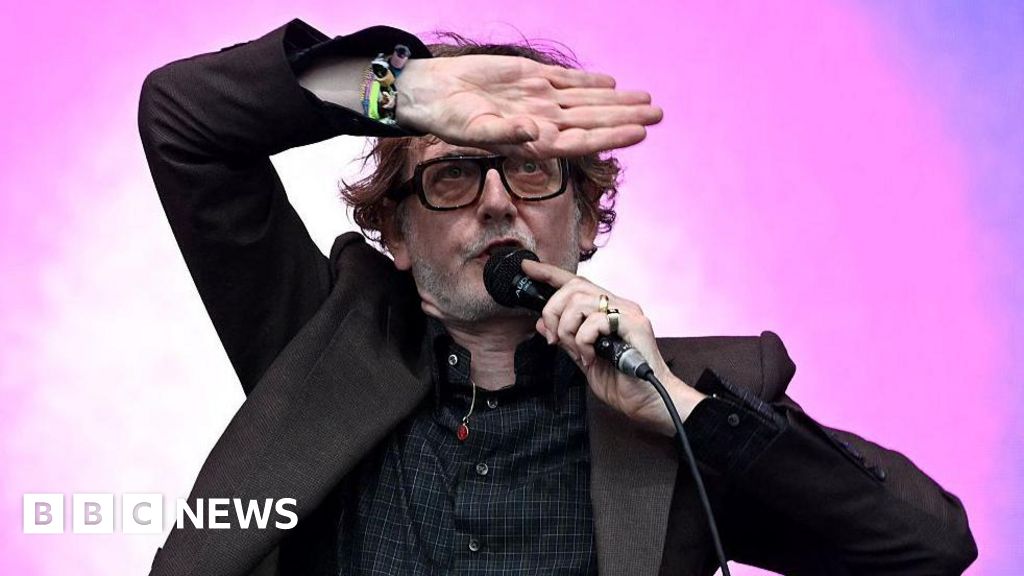


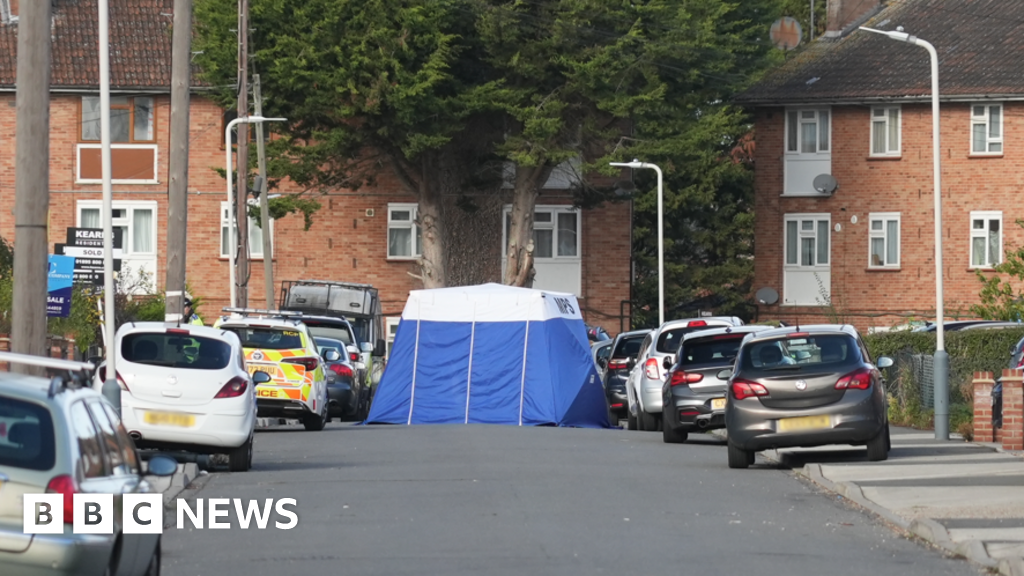

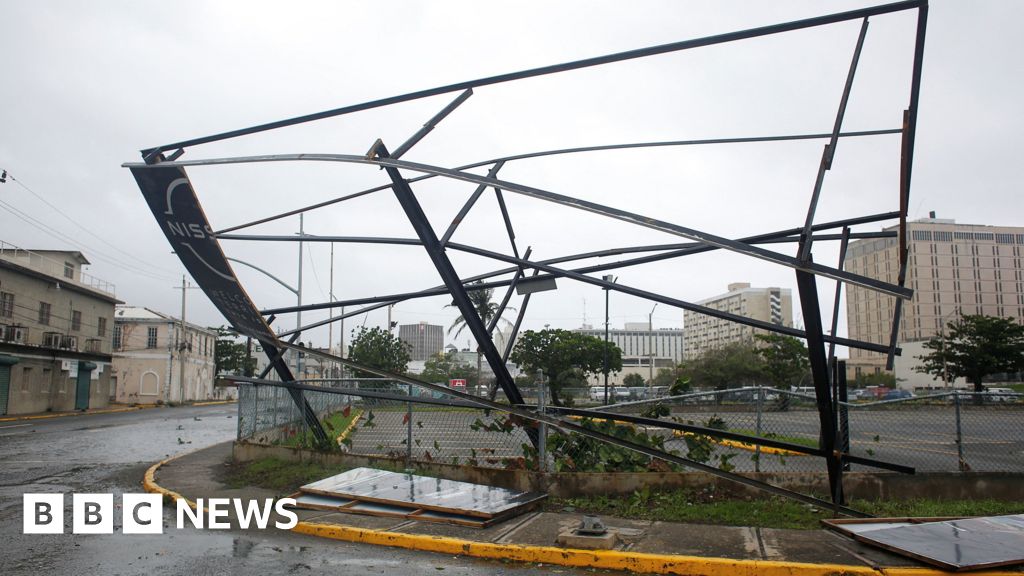

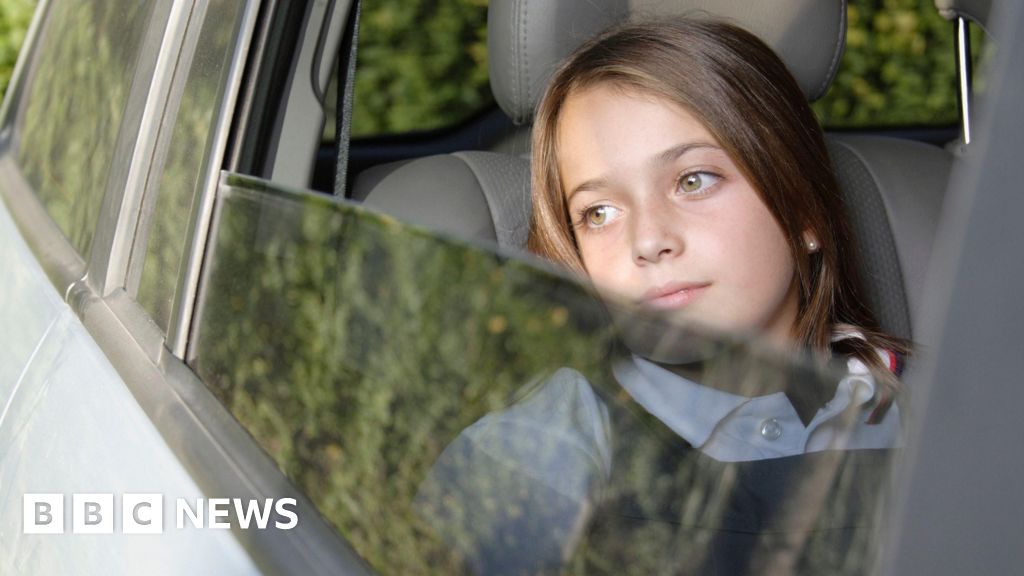


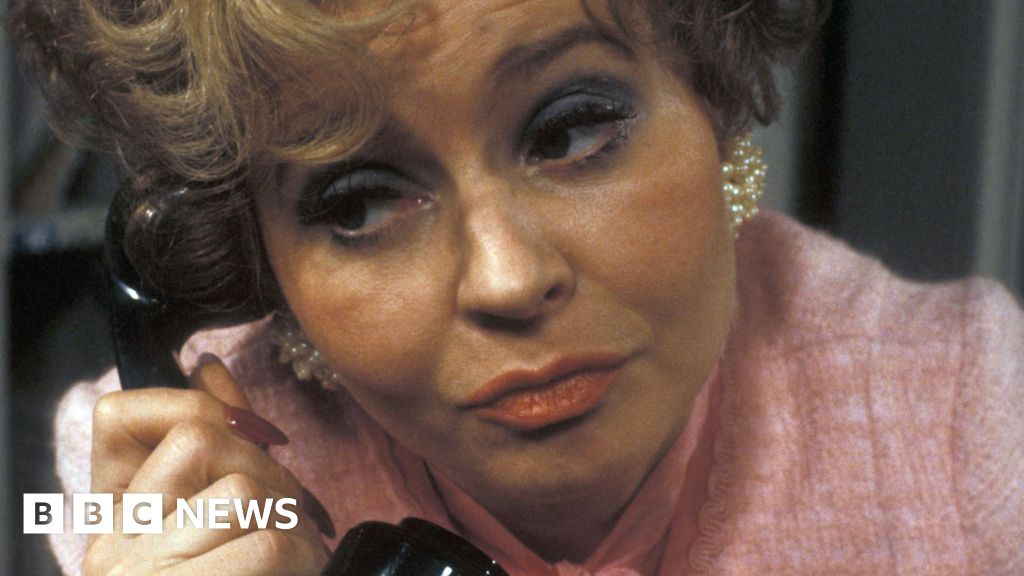
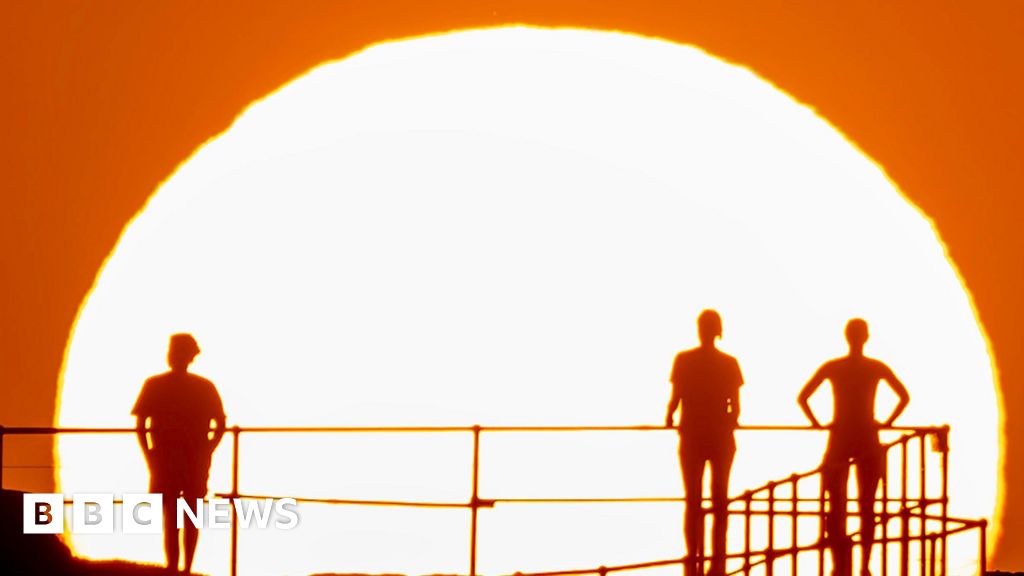
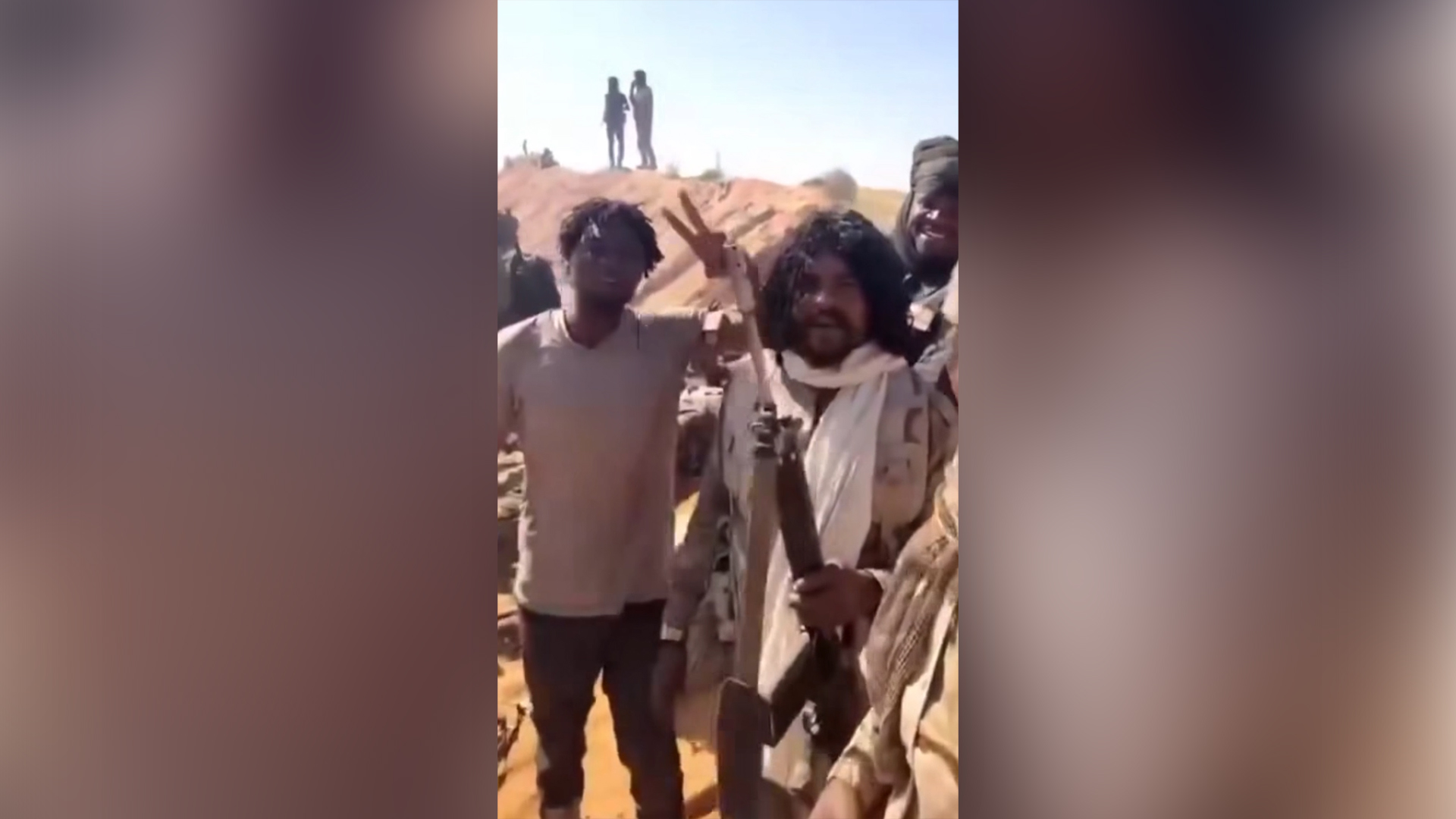
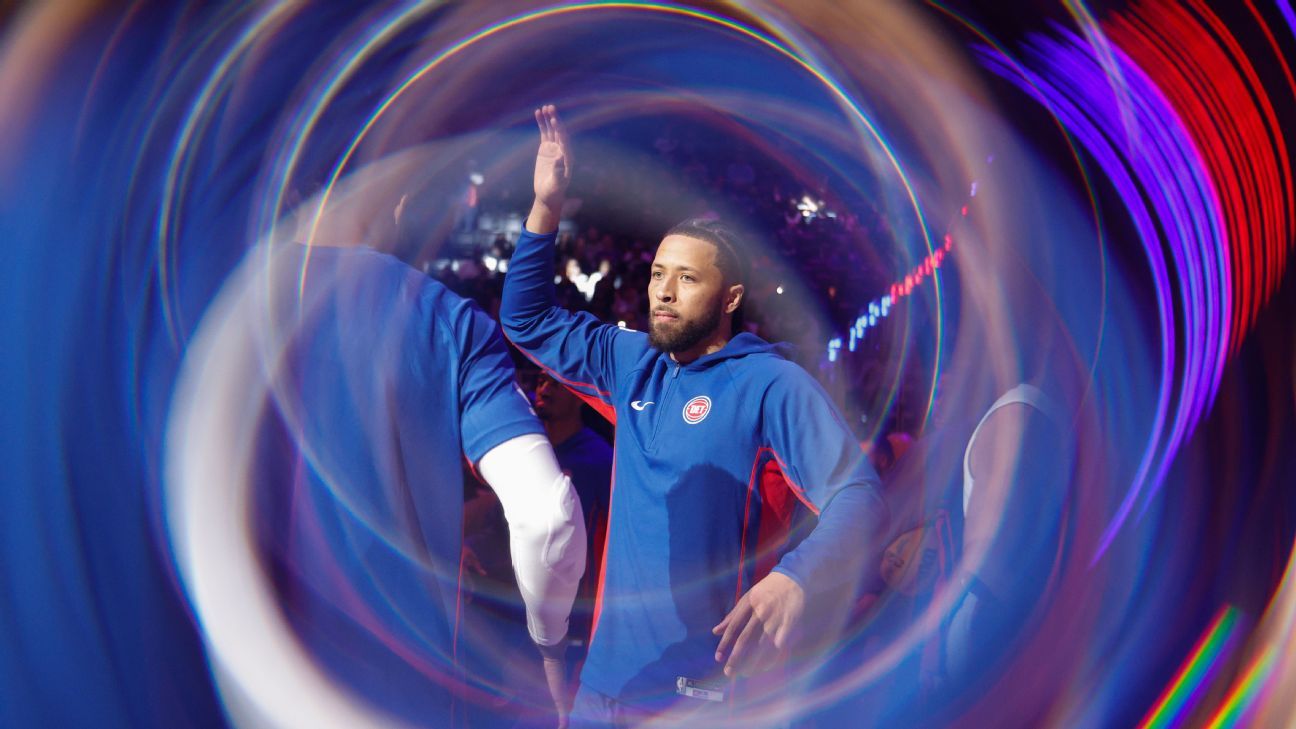
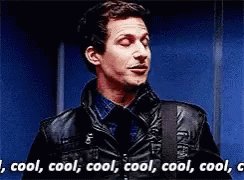
Leave a Reply